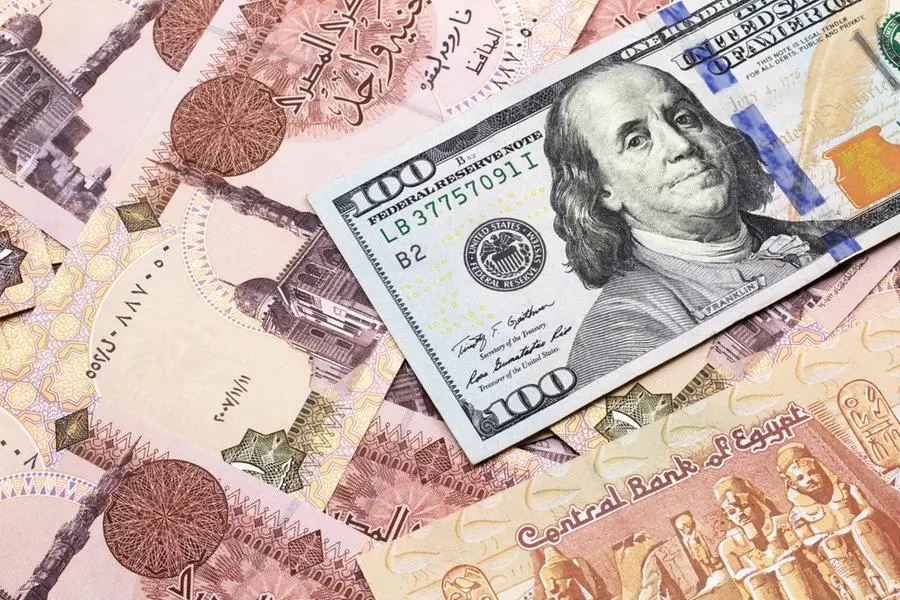PHOTO
On the back of the recently announced UAE foreign direct investment inflows, the Egyptian pound is likely to trade at 45/$ by the year-end, beating initial forecasts of 55/$, according to Oxford Economics Africa.
Last week, the Egyptian government signed a $35-billion deal with the ADQ, the Abu Dhabi-based investment and holding company, to develop a 45,000-acre piece of land along Egypt’s northern Mediterranean coast, named Ras El-Hekma.
“The Ras El-Hekma deal is a game changer for Egypt over the short- to medium term,” a briefing issued Monday by Oxford Economics said. “The amount of money coming in over the next two months almost equals the country’s FX reserves and is almost triple that of average annual FDI inflows.”
The announcement came as Egypt faces one of its worst currency crunches in decades. Earlier this month, Oxford Economics had expected the currency to range between 55 and 60 against the greenback by the end of 2024.
On Friday, Egyptian Prime Minister Mostafa Madbouly said the Ras El-Hekma deal includes $24 billion to be transferred to Egypt in the form of FDIs. Additionally, a total of $11 billion of UAE deposits in the Central Bank of Egypt will be converted into Egyptian pounds and earmarked for Ras El-Hekma project.
According to Madbouly, the ADQ is expected to transfer the first tranche-$10 billion-this week. The deal stipulates that another $14 billion shall be transferred after two months.
Since the announcement, the Egyptian pound has made significant strides on the black market jumping from nearly 64/$ to 52/$. However, the official exchange rate remains unchanged at 30.89/$.
The pound is expected to be devalued on the official market as soon as Egypt finalizes a loan agreement with the International Monterey Fund, which insists on the adoption of a flexible exchange rate regime. Yet, the fall in the pound will be less sharp than initially expected given last week’s deal, Oxford Economics said.
Along with the IMF funds, Egypt is still expected to secure more foreign currency from similar deals with other GCC countries and and proceeds from the state asset monetization program, which shall be enough to close the country’s financing gap, the report added.
Yet, the Oxford-based think-tank ruled out that the Ras El-Hekma deal could salvage the Egyptian economy on the long run.
“We still need to see fiscal discipline, which we currently don’t, before we can say that the current economic crisis is a once-off and not something that will be a recurring issue in the future,” the report said.
(Reporting by Noha El Hennawy; editing by Brinda Darasha)





















